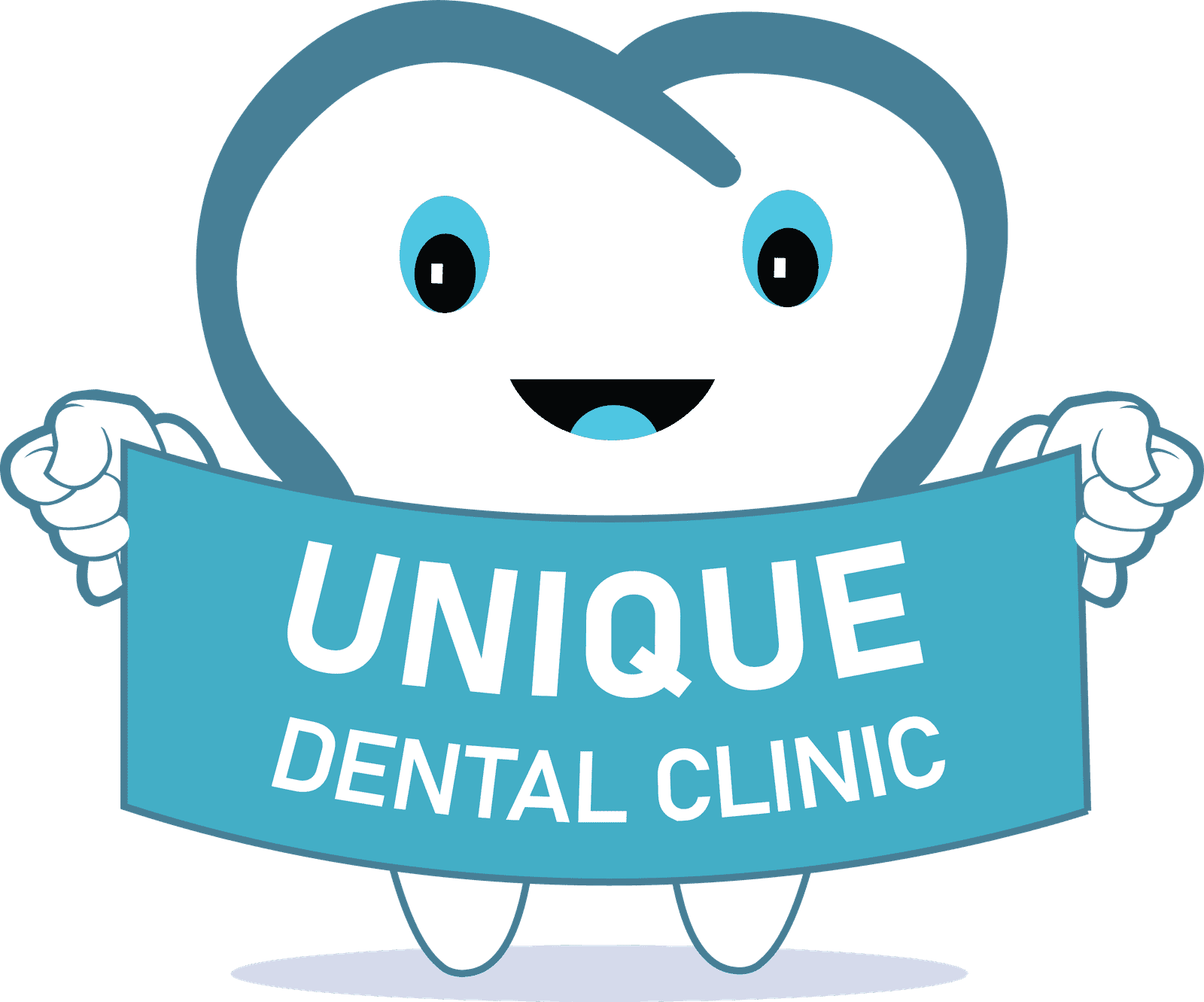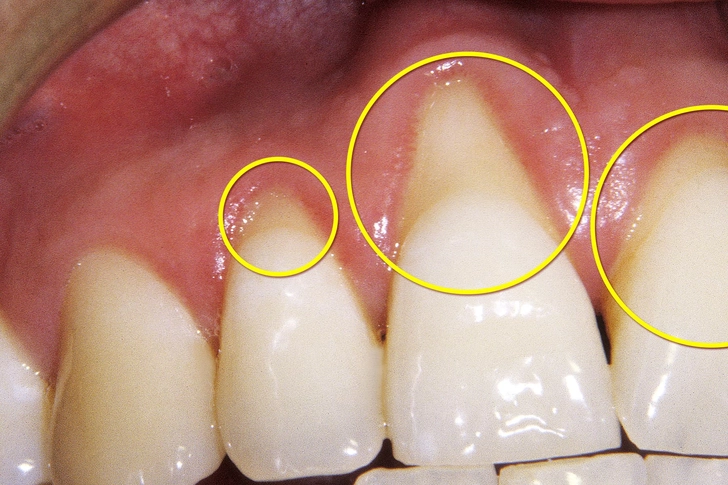Have you ever been caught off guard by an unexpected, acute tooth ache? It can make even basic activities like eating or drinking intolerable, like a lightning
bolt piercing your tongue. You’re not alone, so don’t worry! A frequent dental problem that many people experience at some point is sudden tooth discomfort or pain.
We’ll look at the potential reasons for this discomfort in this blog post and offer some advice on how to avoid it altogether. Unexpected tooth pain can be uncomfortable and interfere with day-to-day activities. In order to obtain relief and take care of any underlying problems, it is essential to comprehend the potential causes of sudden tooth pain.The following are some of the most frequent causes of toothaches:
- Dental decay: Sharp, throbbing pain can result from cavities or dental decay when the nerves inside the tooth are exposed.
- Gum illness: Gum disease-induced gum inflammation can result in sensitivity and sporadic discomfort.
- Tooth Fracture: When biting or chewing food, a cracked or shattered tooth can cause abrupt, severe pain.
- Infection of the sinus: Occasionally, transferred dental discomfort that resembles a toothache can be caused by a sinus infection.
- Dental abscess: An abscess at the root of an infected tooth can cause excruciating, ongoing pain.
- Injury or trauma: Teeth or the structures that support them may be harmed in accidents involving impacts to the mouth.

